Full Automatic Constant Pressure Variable Frequency Water Supply Equipment is a new generation of hi...
See DetailsMagnetic Drive Pumps: Enhancing Safety and Efficiency in Fluid Handling Across Industries
Industry News-In today’s increasingly safety-conscious and environmentally regulated industrial landscape, magnetic drive pumps have emerged as a solution for the safe, leak-free transfer of hazardous and corrosive fluids. By eliminating traditional mechanical seals and utilizing magnetic coupling technology, these pumps significantly reduce maintenance needs and environmental risks, setting new standards in fluid handling performance.
What Are Magnetic Drive Pumps?
Magnetic drive pumps, often called mag-drive pumps, use a magnetic coupling to transfer torque from the motor to the pump impeller without direct mechanical contact. This design eliminates the need for shaft seals, which are common leak points in conventional pumps. The impeller is connected to an internal magnet assembly that is driven by external magnets attached to the motor shaft. The magnetic field transmits rotational energy through a containment shell, maintaining a hermetic seal around the pumped fluid.
Key Benefits Driving Industry Adoption
The unique design of magnetic drive pumps offers several critical advantages:
Leak-free operation: Without mechanical seals, mag-drive pumps virtually eliminate fluid leakage, making them ideal for hazardous, toxic, or volatile chemicals.
Reduced maintenance: The absence of seal wear parts downtime and lowers operating costs.
Enhanced safety: Leak prevention safeguards workers, the environment, and equipment, especially when handling aggressive or flammable fluids.
Improved reliability: Magnetic couplings absorb shock loads and vibrations, reducing mechanical stress on components.
Compact and efficient: The design supports compact installations with efficient power transmission.
Innovations Advancing Magnetic Drive Pump Technology
Recent years have seen considerable progress in mag-drive pump materials, designs, and control systems:
Advanced containment shells: New composite and alloy materials enhance corrosion resistance and durability under conditions.
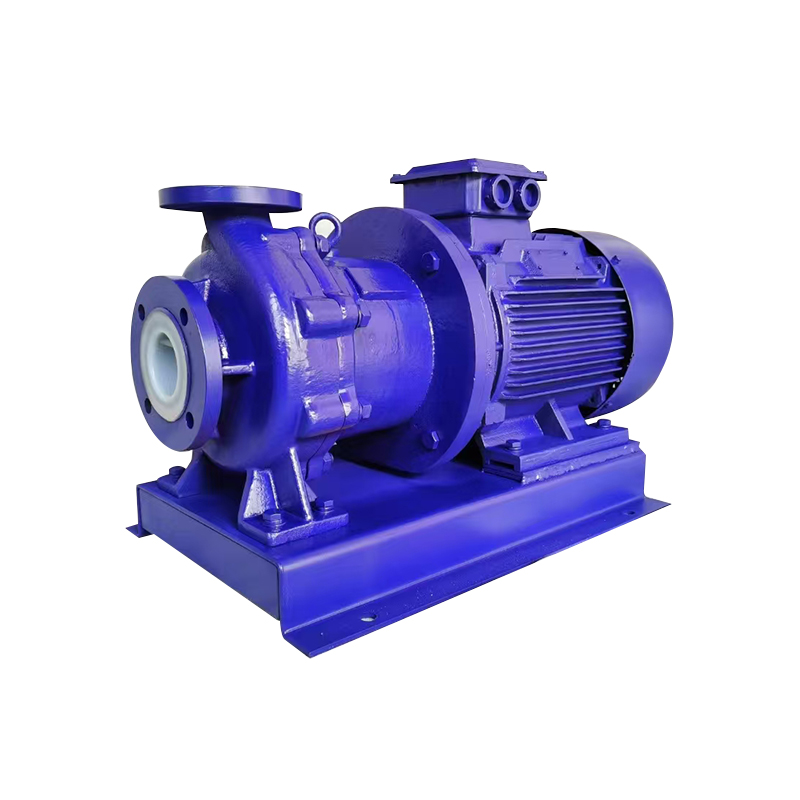
Improved magnetic materials: Rare-earth magnets such as neodymium increase coupling strength, enabling higher torque transmission and pump capacity.
Optimized impeller and hydraulic design: CFD (Computational Fluid Dynamics) tools allow precise design to maximize flow efficiency and minimize cavitation risks.
Smart monitoring and diagnostics: Sensors embedded in pumps monitor temperature, vibration, and magnetic coupling status, enabling predictive maintenance and reducing unexpected failures.
Modular and customizable pumps: Manufacturers offer flexible designs that can be tailored for specific applications, including variable flow rates and pressure requirements.
Broadening Applications Across Industries
Magnetic drive pumps are increasingly vital in industries that require safe and reliable handling of difficult fluids:
Chemical processing: Transfer of aggressive acids, solvents, and corrosive fluids demands the leak-tight capabilities of mag-drive pumps.
Pharmaceutical and biotech: Sterile and contaminant-free pumping supports sensitive manufacturing processes.
Semiconductor manufacturing: Ultra-pure chemical delivery benefits from the pump’s hermetic sealing and clean design.
Oil and gas: Safe transfer of volatile hydrocarbons and additives reduces environmental and safety risks.
Food and beverage: Sanitary magnetic pumps handle viscous syrups and cleaning agents while maintaining hygiene.
Wastewater treatment: Handling hazardous waste streams and aggressive chemicals for treatment processes.
Power generation: Circulating corrosive cooling fluids and chemical additives in closed-loop systems.
Market Trends and Growth Drivers
The global magnetic drive pump market is witnessing steady growth driven by:
Tightening environmental regulations: Stricter emission and spill control standards worldwide encourage adoption of leak-free pumping technologies.
Increased focus on worker safety: Industries prioritize equipment that reduces exposure to hazardous fluids.
Demand for maintenance cost reduction: Facilities seek solutions that minimize downtime and spare parts expenses.
Growth in specialty chemicals and pharmaceuticals: Expansion of complex manufacturing processes requires reliable and contamination-free pumps.
Emergence of Industry 4.0: Integration of smart sensors and automation enhances pump performance and asset management.


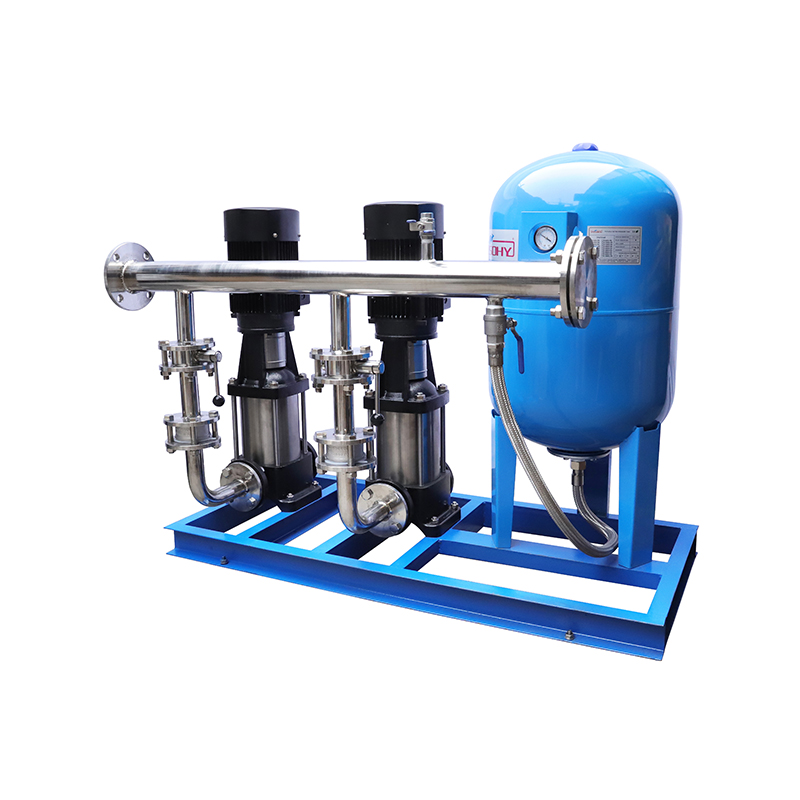
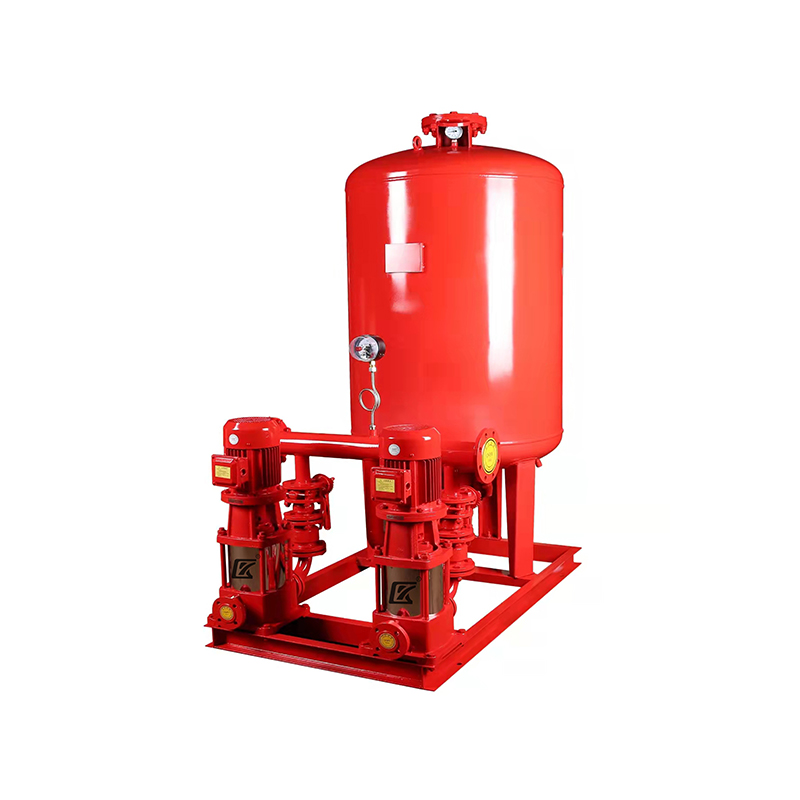
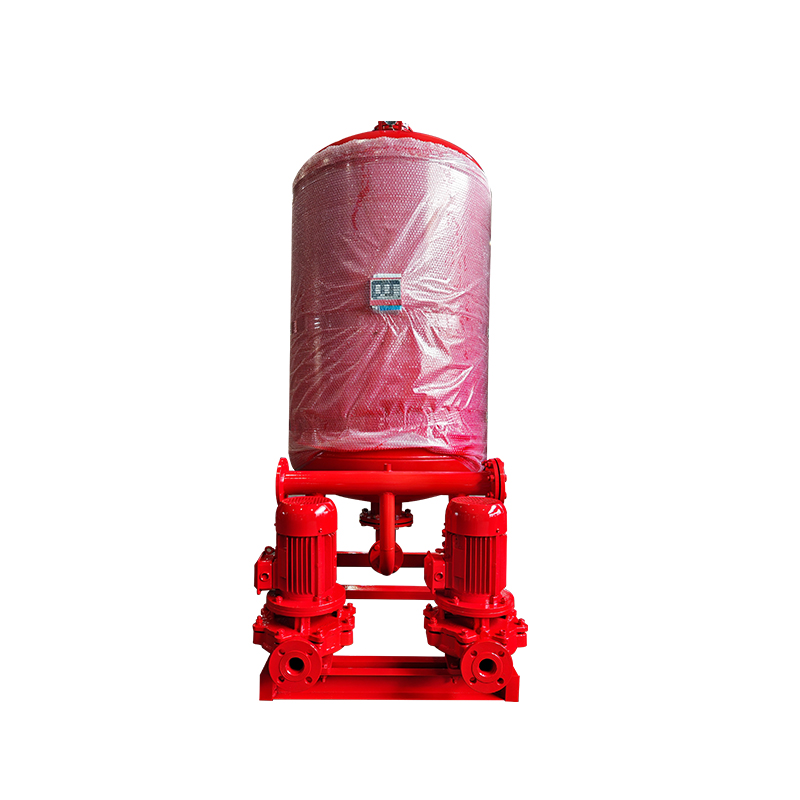

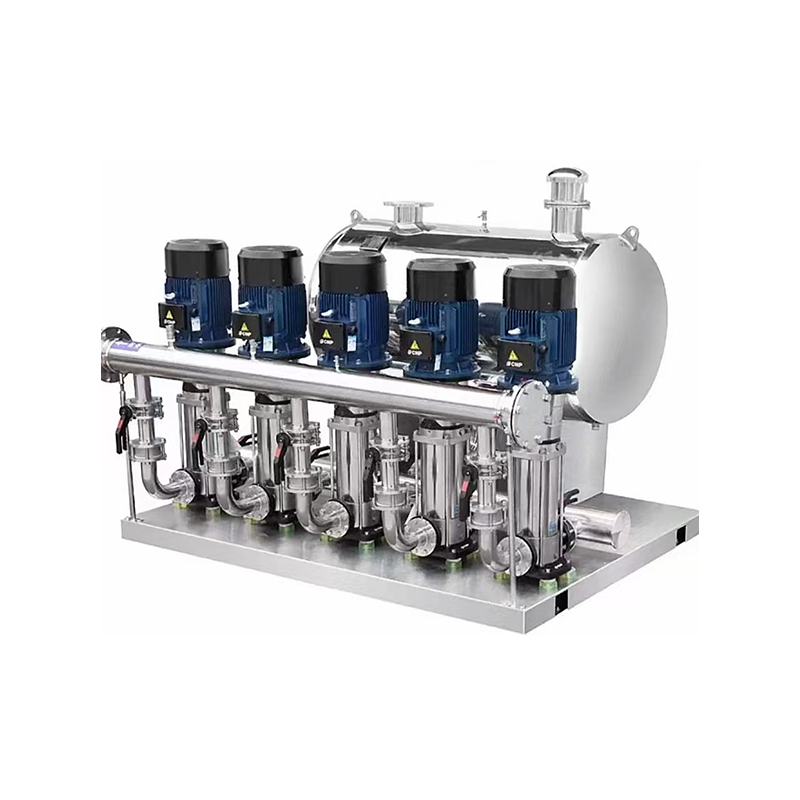
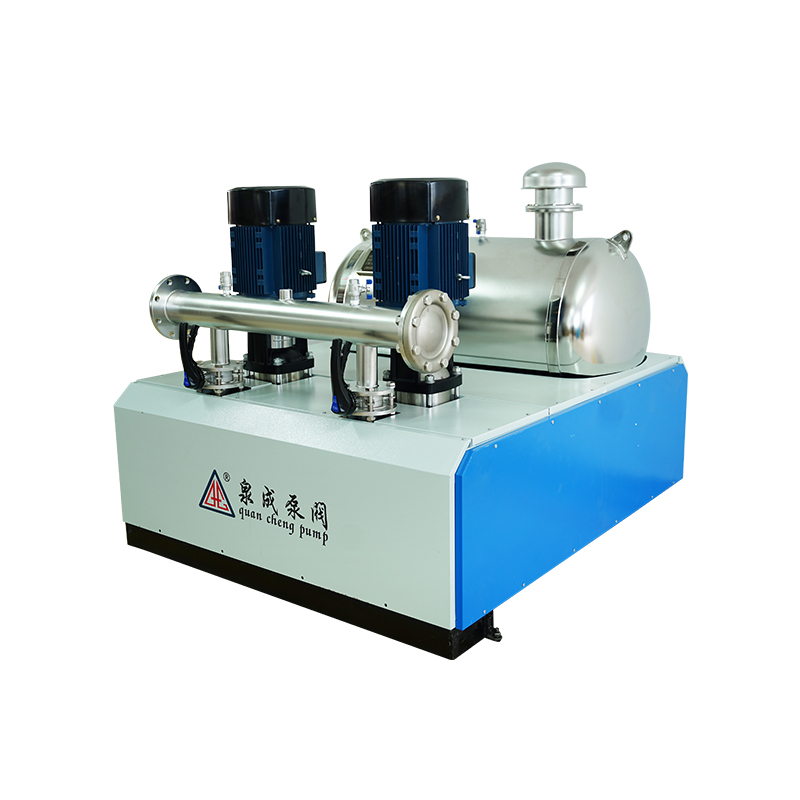
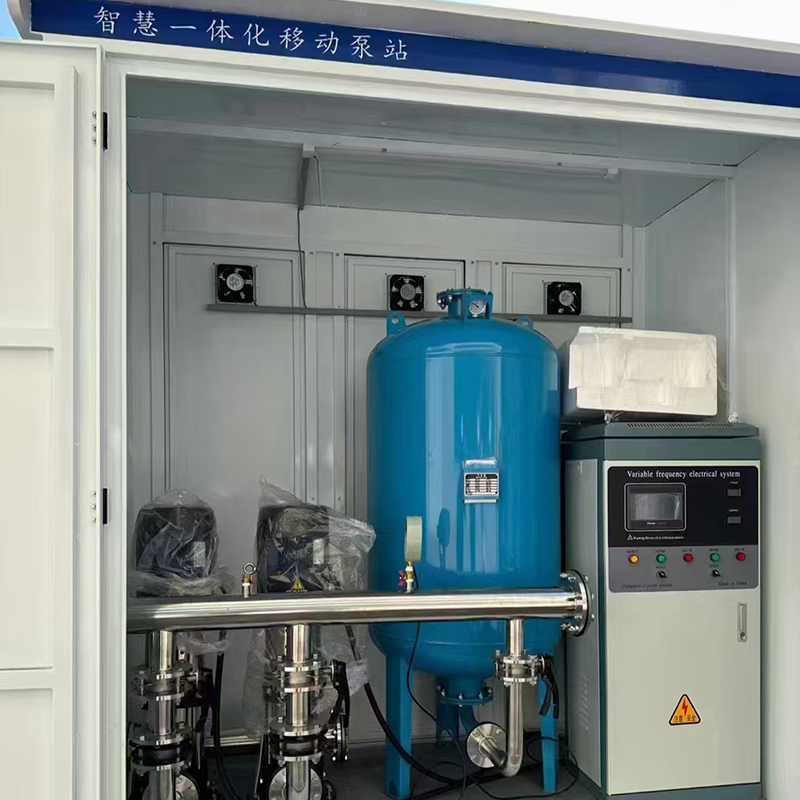
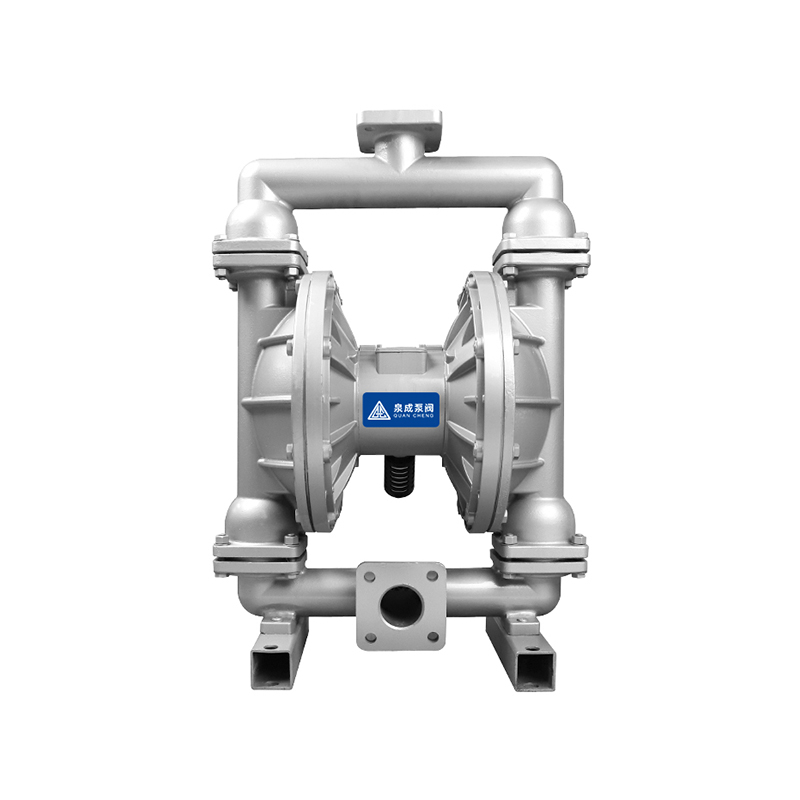
 浙公网安备33032402001888号
浙公网安备33032402001888号
